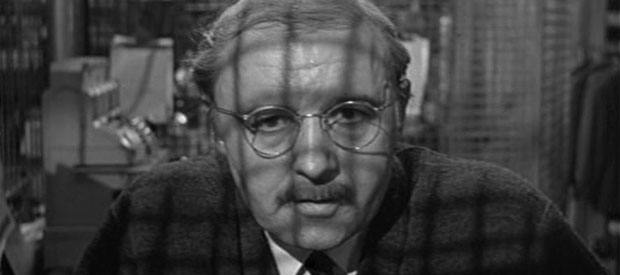1. Schindler’s List (1993): This Steven Spielberg masterpiece tells the real life story of a man who is comfortable with being a scoundrel. But he is not comfortable with pure evil. When he is faced with the most extreme evil of the Holocaust, he acts out of character and risks everything to save lives. Spielberg made a brilliant artistic choice in shooting the film in black and white, which evokes our sense of the period from newsreels. The black and white allows for the stark depiction of violence without exploitation. The cast is excellent, especially Ben Kingsley and Liam Neeson.
2. The Pianist (2002): This film tells the story of an affluent Jewish family in Warsaw, whose lives collapse in the Holocaust. One adult son (a classical pianist) survives by hiding in the abandoned ghetto. He is starving and physically and mentally decompensates until finally the Russians take Warsaw from the Nazis. He is brilliantly played by Oscar winner Adrian Brody. The film maker is the great director Roman Polanski, who lost his parents in the Holocaust and who had to escape across Europe as a boy.
3. Shoah (1985): This is the definitive documentary on the Holocaust. Uniquely, it tells the story without ANY archival footage – just through contemporary interviews with participants (survivors and former Nazis) and witnesses and visits to Holocaust sites. Those first hand reminiscences – just old people talking to a camera – turn out to be as shocking as the file footage we have all seen of stacked bodies and starving survivors. One of the most compelling is an old Polish farmer drawing his finger across his throat to indicate that he knew what was happening in the neighboring death camp.
Shoa is 503 minutes long. Usually I downgrade movies for length, but in this case the movie’s depth and breadth reinforces the scale of the Holocaust. Surprisingly, 503 minutes is not excessive in this case.

4. The Pawnbroker (1964): The Holocaust lives on in the survivors that were scarred by it. This is the story of a man who loses his parents and lover in the Holocaust. He responds by detaching from all emotion, relationships and sense of morality. He works as a pawnbroker in a dismal and merciless New York neighborhood. It is Rod Steiger’s greatest performance. Directed by Sidney Lumet.
5. Blind Spot: Hitler’s Secretary (2002): One of the central questions of the Holocaust is how could ordinary humans tolerate and even enable such monstrous acts? Blind Spot is the story of Traudl Junge who, as a rural, naive 22-year-old, happened on a job in Hitler’s secretarial pool. After the war, she lived in obscurity for decades. Wracked with guilt, she was interviewed for 90 minutes shortly before her death by a filmmaker who lost his parents in the Holocaust. This 90 minute interview is the core of Blind Spot.
Note: I do not particularly admire The Diary of Anne Frank (1959) as a film, but acknowledge that it serves as a gateway film, introducing children of tween age to the subject matter.

4 thoughts on “5 Essential Holocaust Films”